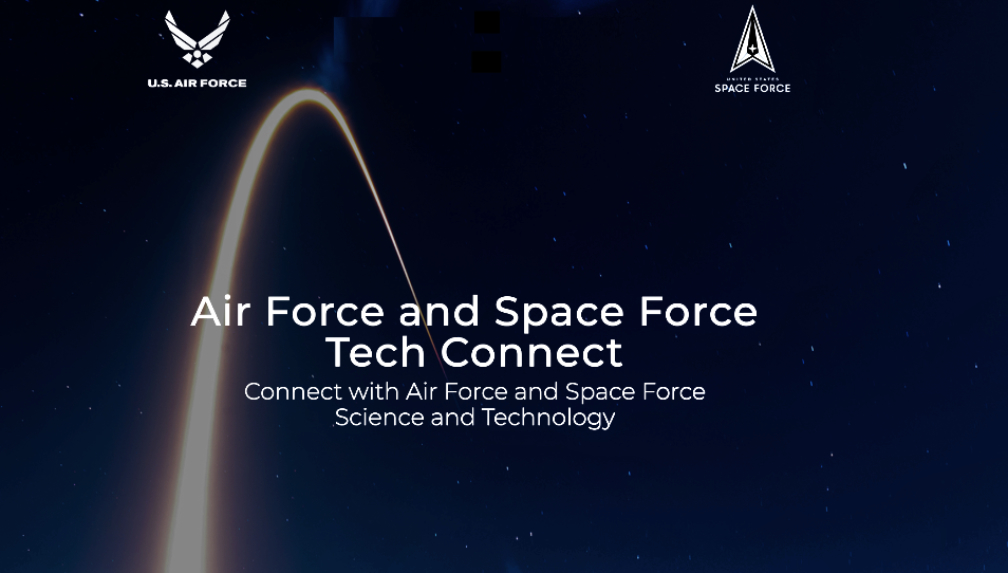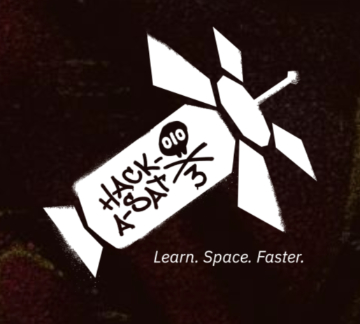
The U.S. Air Force and the U.S. Space Force, in collaboration with the security research community, opened registration on April 8thfor the qualification round of the third annual Space Security Challenge: Hack-A-Sat satellite hacking competition.
Hack-A-Sat enables and encourages security researchers of all levels to focus their skills, creativity and innovative thinking on solving cybersecurity challenges of space systems.

The Space Security Challenge 2022: Hack-A-Sat 3 begins with a qualification event from May 21 at 10:00 a.m. EDT to May 22 at 4:00 p.m. EDT. Teams will compete in a Jeopardy-style format, earning points based on speed and accuracy for a chance to win one of 10 $10,000 cash prizes.
The top eight teams from the qualifying round will advance to the Hack-A-Sat 3 final event: an attack/defend-style Capture-the-Flag hacking competition. Teams will defend their satellite system while employing offensive measures on their opponents’ systems. While in previous years the competition took place on physical hardware called a flatsat, this year it will be designed completely within digital, twin software. The digital twin simulates a more realistic space environment for the competition when compared with previous years.
Hack-A-Sat 3 is based on the development of Moonlighter, a satellite being designed and built now for the purposes of advancing security researcher knowledge and skills in securing space systems. Moonlighter is scheduled to launch in 2023.
Geared toward ethical hackers with more advanced technical knowledge of space systems, this final event takes place in fall 2022. The top three teams will receive $50,000 for first place, $30,000 for second place and $20,000 for third place.
As satellites provide the entire world with needed data transmission for capabilities like GPS and credit card transactions, the departments of the Air and Space Force embrace the benefit of ethical hacking to advance cyber and space technology for both the military and industry.
“Traditional cybersecurity is not effective enough. We need new ways to deter, defend and defeat those who threaten our collective security,” said Brig. Gen. John Olson, the U.S. Space Force’s mobilization assistant to the chief of space operations, and the Department of the Air Force’s chief data and artificial intelligence officer. “Hack-A-Sat is an effort to bridge the security knowledge gap between the space and cybersecurity communities and incentivize innovation.”
Registration for the qualifying event is open to the public. To register, find rules and eligibility and sign up to stay informed about all contest updates, visit hackasat.com.
